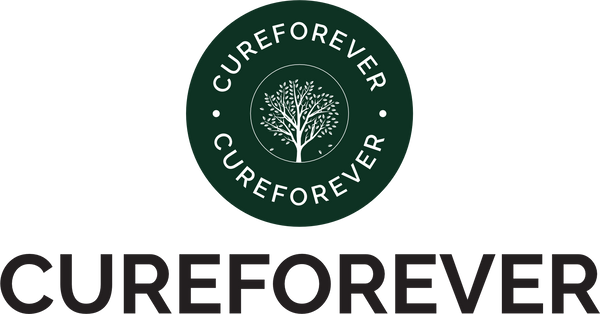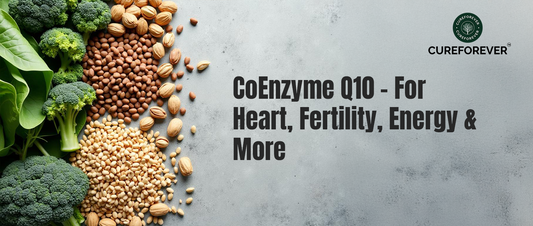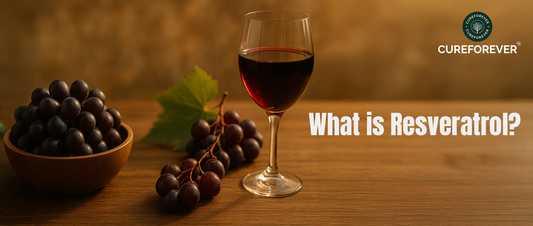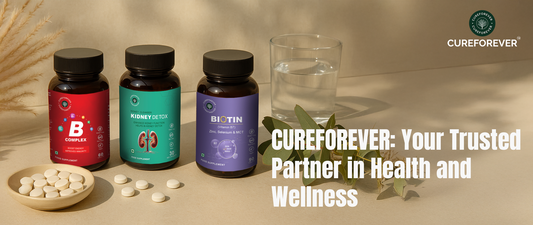
Nutraceuticals vs Pharmaceuticals: Uses, Benefits & Key Differences
Nutraceuticals: Food That Helps You Thrive
What Are Nutraceuticals?
You ever eat something and feel like it’s doing more than just filling you up? That’s the vibe with nutraceuticals. They’re not your usual groceries—they’re foods or supplements loaded with natural ingredients that can keep you healthy, help you fend off colds, or even make it easier to focus. The term comes from a doctor named Stephen DeFelice who, back in 1989, combined “nutrition” and “pharmaceutical” to describe them. It’s food that’s got a job: to make you feel better and stay well.
You can find them in all sorts of forms—capsules, powders, upgraded snacks, or plant-based remedies. They’re packed with things like vitamins, minerals, antioxidants, or probiotics, those good bacteria we’ve talked about for gut health. It’s all stuff that gives your body a nudge in the right direction.
How They Come Into Play
Nutraceuticals show up in a few different ways, depending on what they’re made from and what they’re trying to do for you:
Supplements
These are like little doses of health you can swallow or mix into a drink. For example, I’ve been taking zinc tablets—you know, the ones we talked about for immunity—when I feel run down, and they really help. Or there’s magnesium, which I started using to relax at night. They’re a quick way to get what your body needs.
Functional Foods
This is food you’re already eating, but with an extra health boost. Like, I buy yogurt with probiotics to keep my stomach settled, or I’ll grab milk that’s got extra calcium for my bones, something we’ve discussed before. It’s everyday stuff that’s been leveled up.
Herbal Remedies
These come from plants and feel like old-school wisdom. I’ve been using turmeric in my cooking ever since we talked about its curcumin for inflammation—it’s helped with my sore knees after long walks. Then there’s ashwagandha, which I tried to calm my nerves during a stressful month. It’s like nature’s got your back.
Why People Can’t Stop Talking About Them
Nutraceuticals are everywhere these days, and I totally get the hype. Here’s what they’re bringing to the table:
- Keeping Problems at Bay: Ingredients like Vitamin C or the flavonoids in berries help protect your body from damage that could lead to heart issues or cancer later on. It’s about staying ahead of trouble.
- Better Immunity: I swear by zinc and probiotics when I’m around sick people—they’ve saved me from a few colds this year. They help your body fight harder.
- Happy Digestion: Snacks with extra fiber or probiotics keep my stomach from acting up, especially when I’m eating on the go.
- Calmer Mind: Ashwagandha, like we’ve talked about, has been a game-changer for me when I’m stressed. Omega-3s are great for focus too.
- Natural and Easy: I’m not big on synthetic drugs, so I love that these come from food or plants and don’t usually cause trouble.
How They Differ From Prescription Meds
Nutraceuticals and drugs aren’t the same thing at all. Here’s how they break down:
|
What’s the Story? |
Nutraceuticals |
Pharmaceuticals |
|
Made From |
Lab-created chemicals |
|
|
How They’re Regulated |
Pretty loose, like food |
Strict, with lots of testing |
|
What They Do |
Help you stay healthy |
Treat specific conditions |
|
Side Effects |
Usually none or mild |
Can be serious |
|
How to Get Them |
Buy them anywhere |
Need a doctor’s prescription |
For instance, I might take curcumin to help with inflammation, like we’ve discussed, but if I had a diagnosed illness, I’d be at the pharmacy with a prescription.
Why They’re So Popular
Nutraceuticals are taking off—people say the market’s gonna be worth billions soon. Here’s what’s driving it:
-
Health First: Nobody wants to get sick and deal with doctors. People are focusing on staying well now, which I’m all about.
-
Aging Well: My aunt uses calcium supplements for her bones and swears they keep her moving, like we talked about for osteoporosis. It’s big for older folks.
-
Love for Natural: With all the worry about artificial ingredients, everyone’s into clean, natural options like these.
-
Studies Show They Work: Research, like the stuff we’ve talked about on curcumin, proves these ingredients do good things, so it’s not just wishful thinking.
Are They Okay to Use?
Most nutraceuticals are safe, but you’ve got to be careful. The brand you pick matters—I’ve bought cheap supplements before, and they did nothing. How much you take is important too, and your health plays a role. They’re not watched as closely as drugs, so I only buy from companies I know are legit. Since we’ve talked about minerals and how they can interact with meds, I’d say talk to your doctor if you’re on prescriptions or have health issues.
How to Start Using Them
Want to try nutraceuticals? Here’s what I’ve learned from my own experience:
- Start Slow: Pick one thing to try, like a zinc tablet or a turmeric tea. I started with probiotics, and my stomach’s been so much happier.
- Check What’s Inside: Buy products that list their ingredients clearly and have some kind of quality check, like a third-party seal.
- Eat Right: These work best when you’re eating good food—veggies, fruits, lean proteins, the usual. I noticed a bigger difference when I cleaned up my diet.
- Be Patient: When I started ashwagandha, it took a few weeks to feel less stressed, so give it time.
Final Thoughts
Nutraceuticals are a simple way to take care of yourself, using the best parts of food and nature. Whether it’s a probiotic yogurt to keep your gut happy or a zinc tablet to stay strong, they make it easy to feel better. With more people getting into them and studies—like the ones on curcumin and minerals we’ve talked about—showing they’re worth it, I think they’re only going to get more popular.
If you’re curious or want help picking one to try, just let me know, and I’ll share what’s worked for me!



